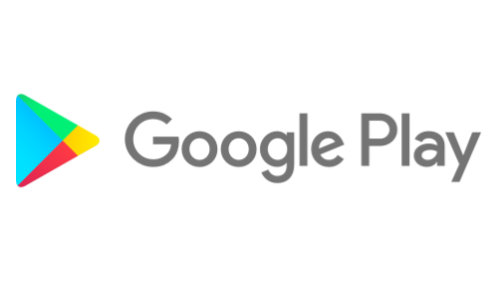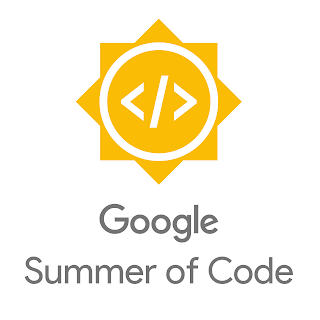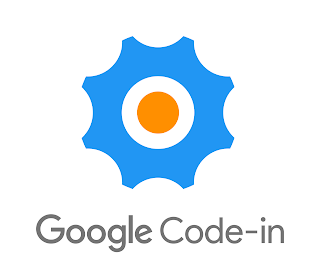Deadline for organization applications:
April 23, 2019 at 20:00 UTC.
Documentation is essential to the adoption of open source projects as well as to the success of their communities. Consequently, Season of Docs was created to bring together technical writers and open source projects to foster collaboration and improve documentation in the open source space. You can find out more about the program on the introduction page of the website.
How does my organization apply to take part in Season of Docs?
Open source organizations can now submit applications to participate in Season of Docs. First, read the organization administrator guide and guidelines for creating an organization application on the Season of Docs website.Organizations can submit their applications here: https://forms.gle/axk8AvV561K2cT6S6.
Your organization application should include one or more projects that you would like a technical writer to work on. Take a look at the examples of project ideas, then describe one or more specific projects based on your open source project’s actual documentation needs. Your goal is to attract technical writers to your organization, making them feel comfortable about approaching the organization and excited about what they can achieve in collaboration with your mentors.
Reach out to your community members to see who would like to be a mentor for Season of Docs. They may also have great suggestions for project ideas. Mentors don’t need technical writing skills. Instead, they are members of the open source organization who know the value of good documentation and who are experienced in your organization’s processes and tools. See the guidelines on working with a technical writer.
Once you have selected mentors for your organization, have them register with Season of Docs using this form: https://forms.gle/a1x26WQGzURLerv66.
Organization applications close on April 23 at 20:00 UTC.
If you have any questions about the program, please email us at [email protected].
General timeline
- April 2-23: Open source organizations apply to take part in Season of Docs
- April 30: Google publishes the list of accepted mentoring organizations, along with their ideas for documentation projects
- April 30 - June 28: Technical writers choose the project they’d like to work on and submit their proposals to Season of Docs
- July 30: Google announces the accepted technical writer projects
- August 1 - September 1: Community bonding: Technical writers get to know mentors and the open source community, and refine their projects in collaboration with their mentors
- September 2 - November 29: Technical writers work with open source mentors on the accepted projects, and submit their work at the end of the period
- December 10: Google publishes the list of successfully-completed projects.









